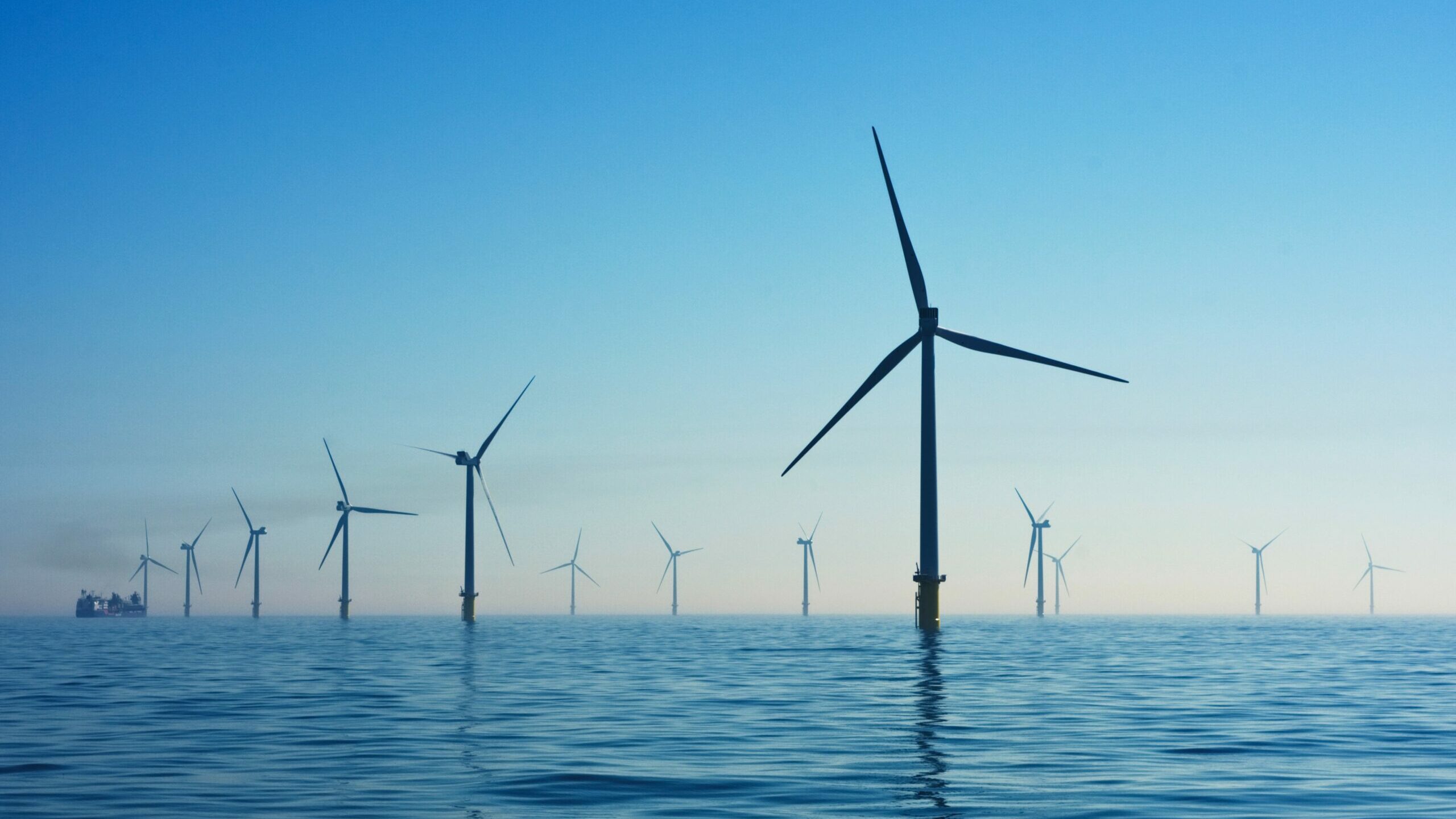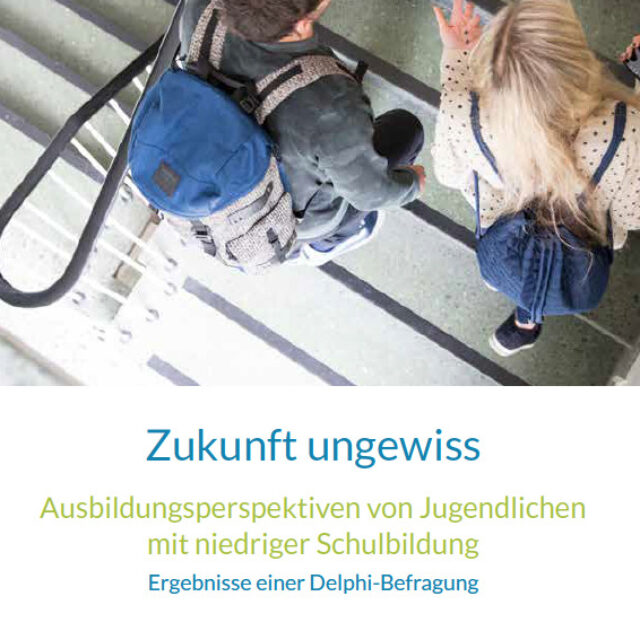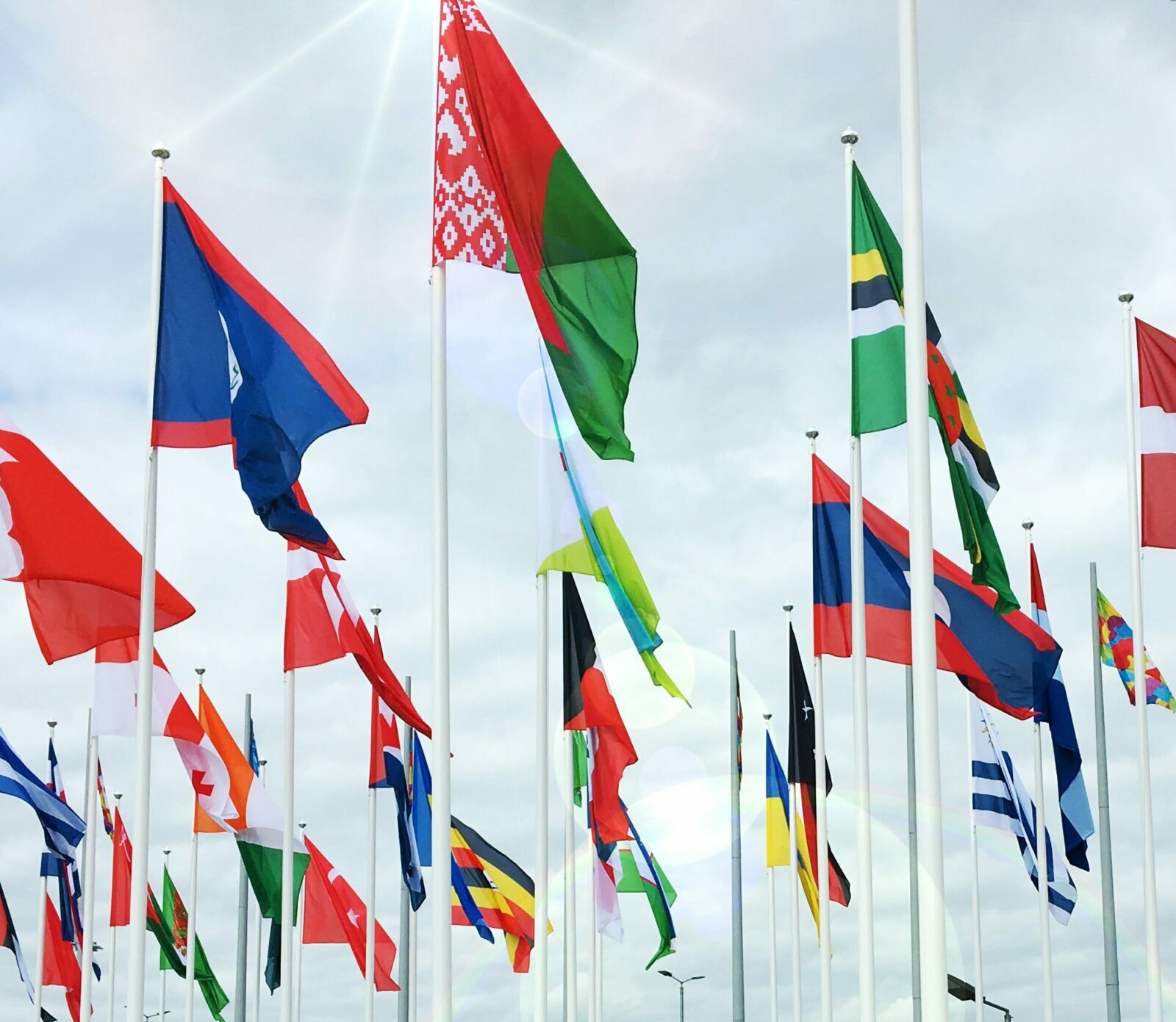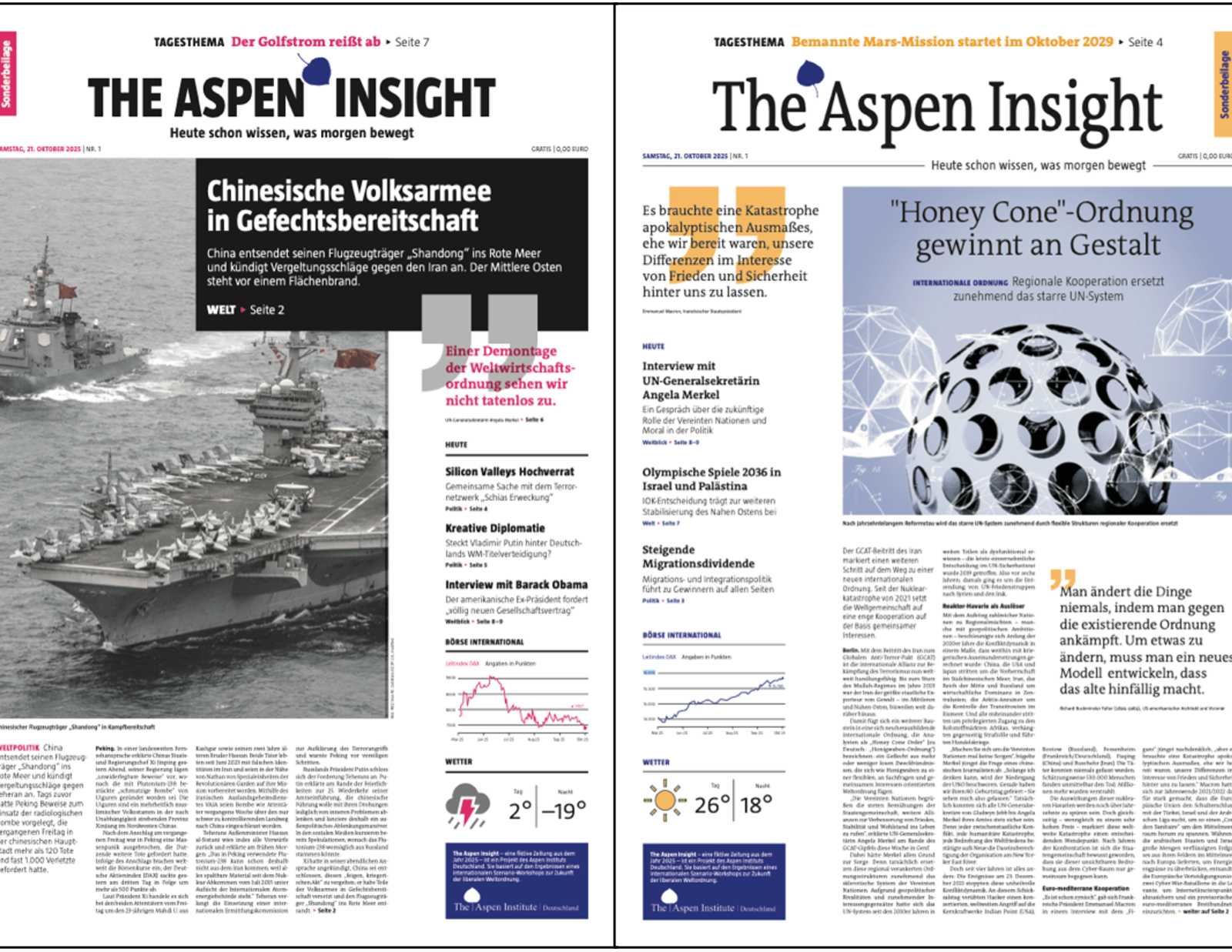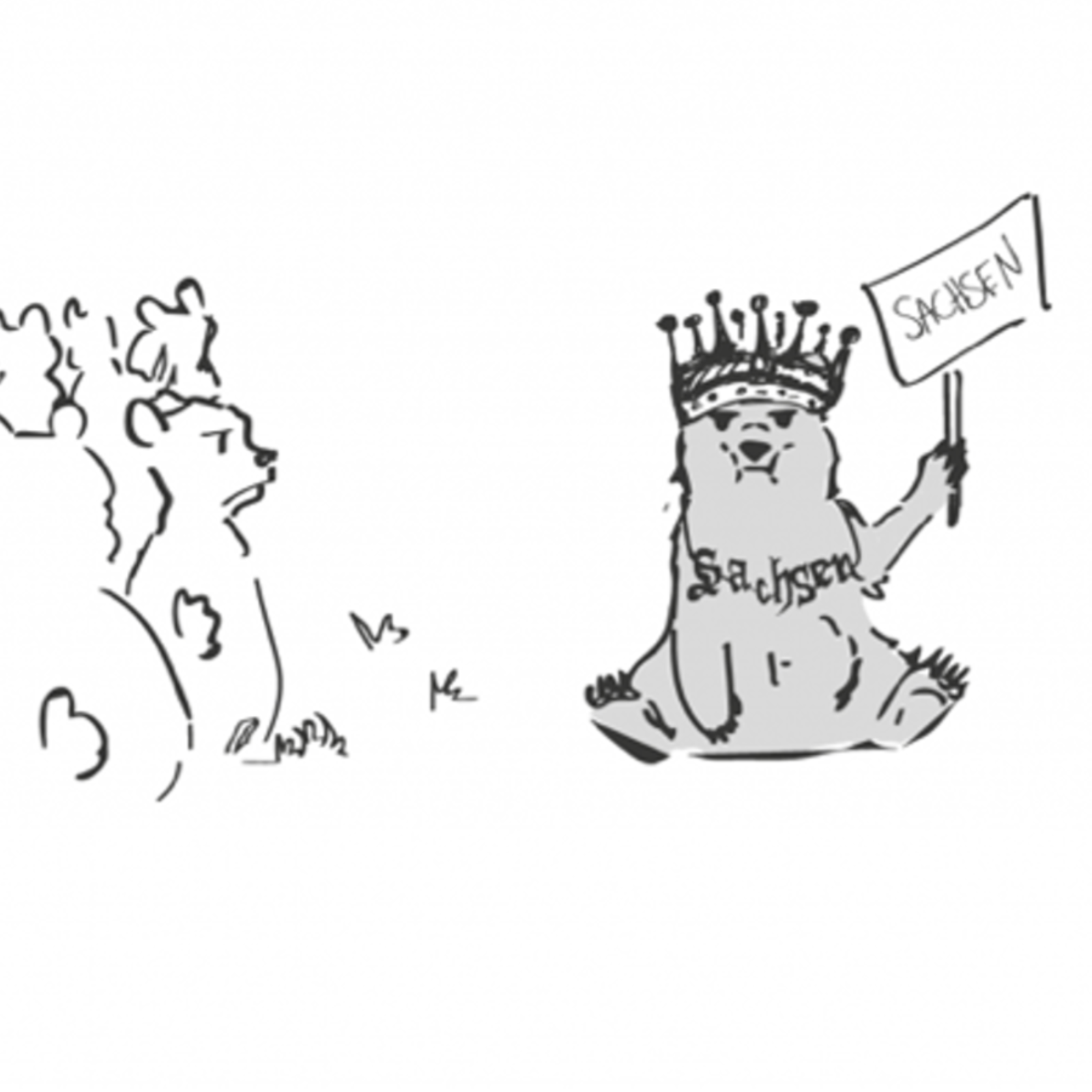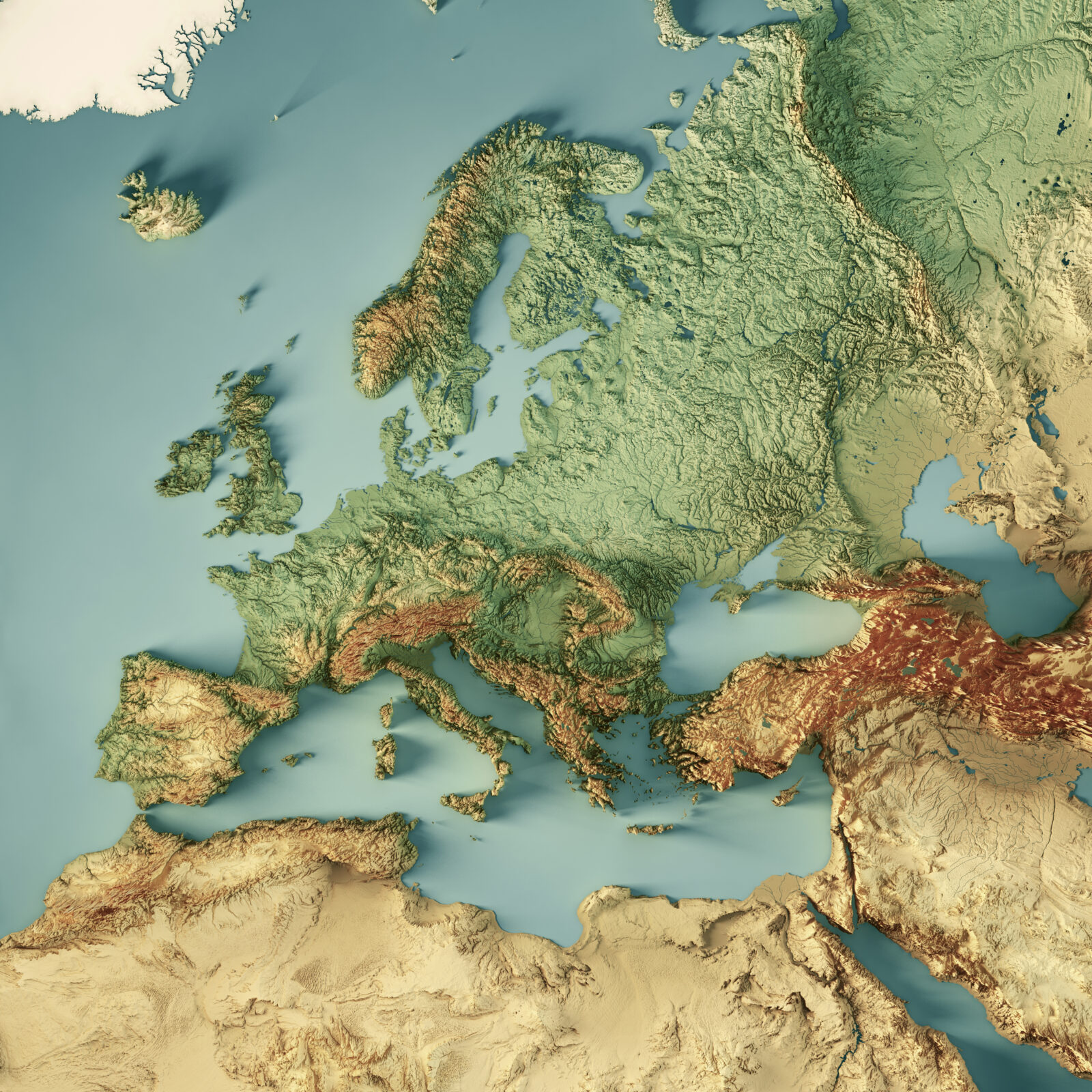Future of Energy – Energy of the Future
On behalf of the German Energy Agency, the Bureau for Current Affairs conducted a series of workshops and created a toolbox to identify the trends and drivers of Central Asian energy transitions through 2030.
How do geopolitical competition, global economic trends, technological innovations, and financing mechanisms influence energy transitions in Eastern Europe and Central Asia? And how can such transformation processes be strategically advanced in these regions by 2030? Accompanied by the Bureau für Zeitgeschehen (BfZ) and international experts on the matter, the German Energy Agency (dena) developed a toolbox to strategically align its energy partnerships in the regions in the future.
Geopolitical competition for renewable energies, global economic trends, technological innovations, and financing paths are the core issues that prevent or drive energy transitions. “Which trends and drivers will influence energy transitions in Central Asia until 2030 and how can they be strategically advanced with this knowledge?” is therefore the question of the workshop series with which the dena has commissioned the BfZ to better advise countries on the energy turn in the long term.
External experts from the Fraunhofer Institute for Energy Economics and Energy System Technology, the Asian Development Bank, the European Central Bank, the German Institute for Economic Research, the International Renewable Energy Agency, Royal Dutch Shell, and the Atlantic Council enriched the process with their expertise and initiated fruitful discussions. With new input about possible developments, the staff derived relevant takeaways for their regions and sectors. In order to apply the methods used to the energy partnerships in the long term, BfZ developed a customised “toolbox” on foresight methods for dena at the end of the project.
